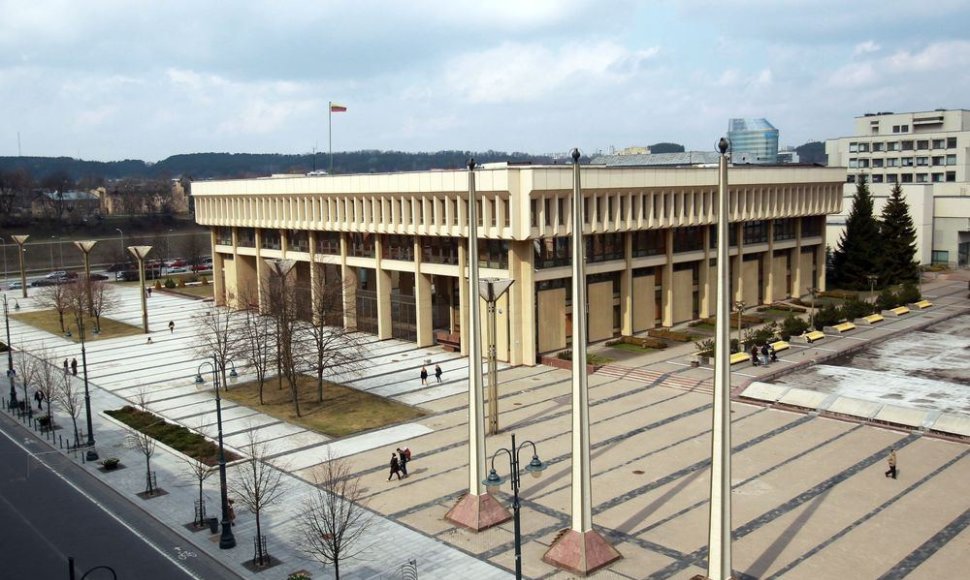“It seemed to me personally that Lithuania's legal system is in compliance with the National Minorities Protection Convention and aims to implement international recommendations,” Spiliopoulou, member of the Council of Europe's Advisory committee, said at an international conference on National Minorities and Human Rights hosted by the Lithuanian parliament on Friday.
Speaking about the problems in Lithuania in connection to education of national minorities, she listed education of the Roma community as problematic. She said she had no remarks about the new Education Law that drew angry reactions from local Poles.
In her words, the Education Law was edited and later revised, including the revisions to the financing system.
Spiliopoulou called for urgent steps to revise the education situation of the Roma group, a task also highlighted by Arminas Lydeka, chairman of the Lithuanian parliamentary Human Rights Committee.
"Customs and traditionally-shaped lifestyles of the ethnic group led to a considerably impaired integration into the public life of the 21st century. Socio-economic situation of the Roma community remains complicated. Many do not speak the official language, have no identification documents and are not educated," Lydeka said.
He also noted that the social exclusion may have an effect upon the community's choice to engage in drug production and dealing. "Unfortunately, the stereotype of a Roma person as a drug dealer has become strong in the Lithuanian society," the head of the parliamentary committee said at the conference.
Lydeka has also criticized policies carried out by Polish groups in Lithuania.
National minority policies should not transcend loyalty to the state, and political parties should not speculate rights of national minorities to achieve their narrow interests, Arminas Lydeka, chairman of the parliamentary Human Rights Committee, has said.
Speaking at a conference on national minority matters on Friday, Lydeka said he was referring to the Electoral Action of Poles in Lithuania, which, in his words, "likes talking on behalf of all national minorities, thus causing turmoil and indignation of other ethnic groups, when they are subjected to the will of the 'older brother'."
According to data provided by Statistics Lithuania, Lithuanians make 83.9 percent of the population, while Poles are the largest national minority (6.6 percent), Russians make 5.4 percent, Belorussians 1.3 percent and Ukrainians 0.6 percent.
Lithuania's parliament is hosting an international conference on National Minorities and International Law.














